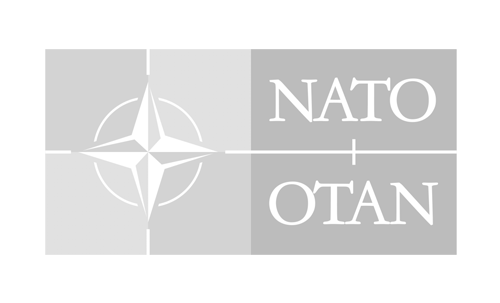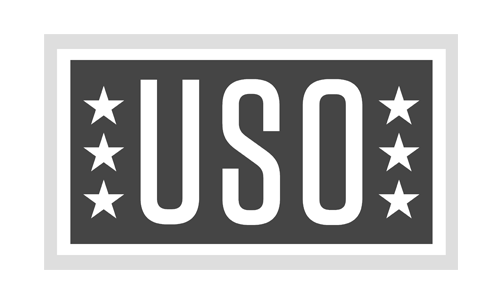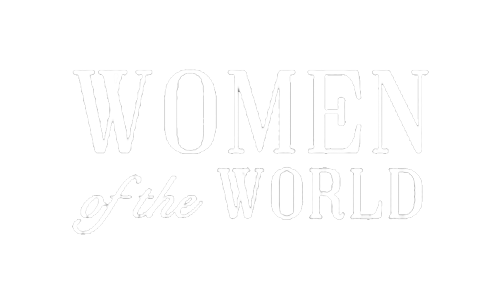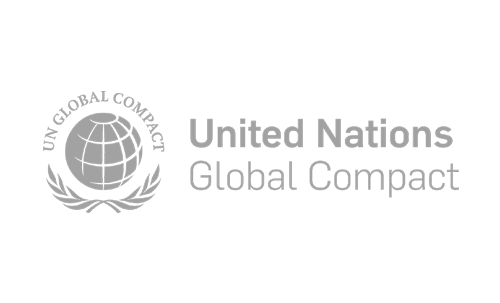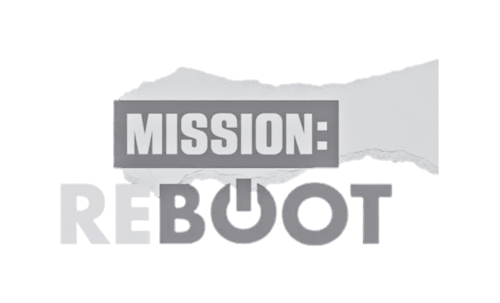APPS
APPS

The Templeton World Charity Foundation shares groundbreaking ideas which foster human flourishing: seeking a global perspective, think like a start-up, create positive impact for people, promote breakthrough discovery, embrace differences, and make spiritual progress possible. Within this video series and podcast, we meet researchers, innovators and industry professionals working on projects that lay the foundation for a better understanding of our world and push the boundaries of scientific knowledge.

Stories of Impact
This unique video project aims to highlight human stories and critical perspectives brought to light through grants and funding opportunities. These episodes share groundbreaking ideas which concern life’s “Big Questions” and showcase core life values: seek a global perspective, think like a start-up, create positive impact for people, promote breakthrough discovery, embrace differences, and make spiritual progress possible.
Watch Now
Visit the Stories of Impact site
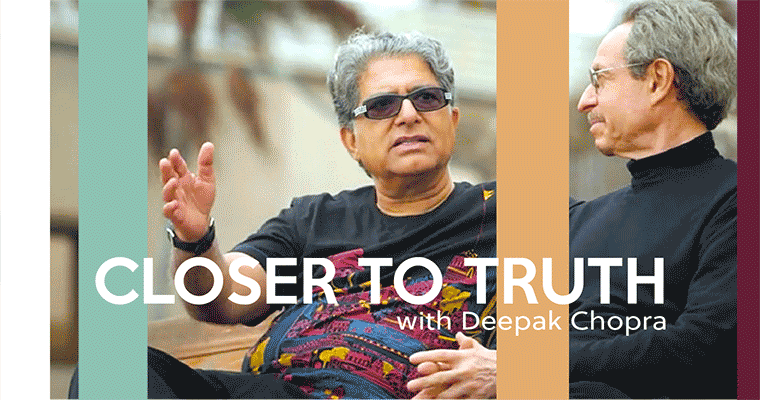
Closer to Truth
These 34 short philosophical debates with public intellectual Robert Lawrence Kuhn and renowned author and alternative medicine advocate Dr. Deepak Chopra, explore profound questions around fundamental issues of existence. A thought-provoking series headlining the search for ultimate reality and purpose.
Watch Now
Visit the Closer To Truth Site
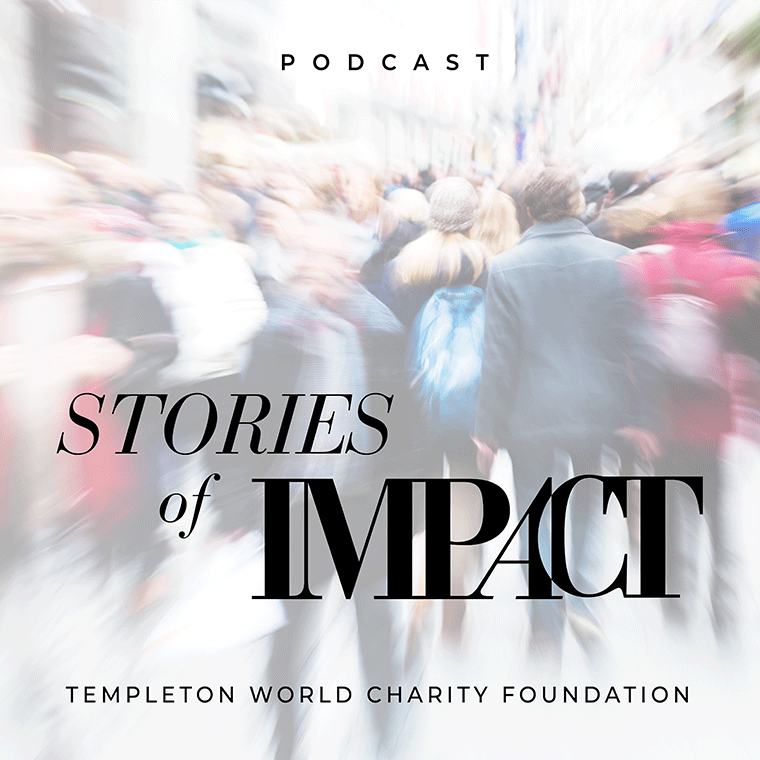
Stories of Impact
Featuring stories of new scientific research on human flourishing that translate these basic discoveries into practical tools. Bringing a mix of curiosity, compassion, and creativity that will appeal to all ages, journalist Richard Sergay and acclaimed writer/producer Tavia Gilbert shine a spotlight on the human impact at the heart of a cutting-edge social and scientific research project.
Listen Now
Other Ways To Listen: Spotify, YouTube, Apple Podcasts
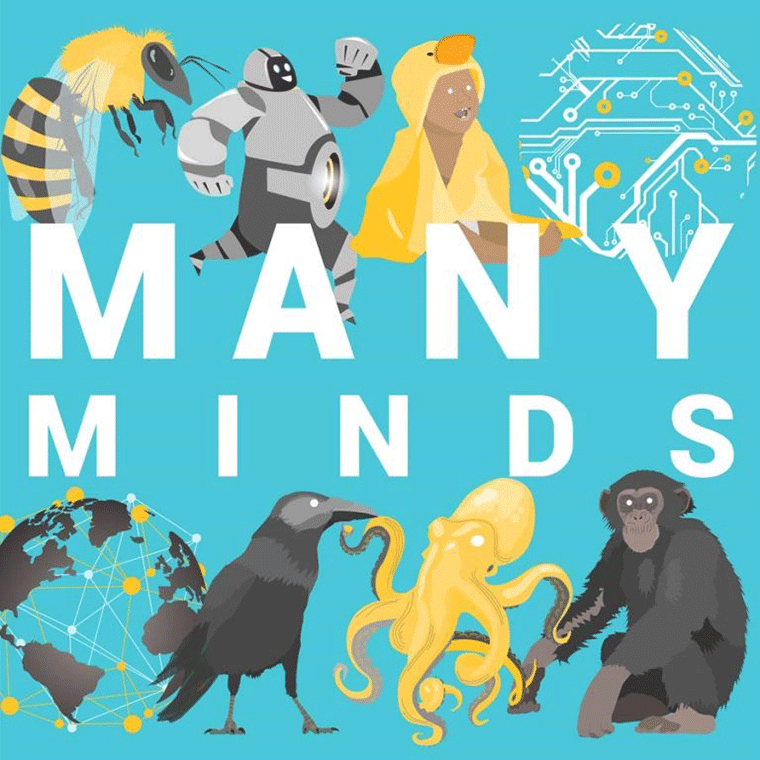
Many Minds
Our world is full of intelligences—diverse manifestations of mind and cognition, of agency and awareness. How do these radically different forms come about? What core properties do they share? What can we learn from minds that are nothing like our own? How can we better understand intelligences by modeling, building, and programming them? Answering these questions will not be easy. It will require breaking down the boundaries that divide traditional academic disciplines; it will require forging new frameworks and imagining radically new approaches.
Listen Now
Visit the Many Minds Podcast

Sir John Templeton was a firm adherent to the philosophy of the “classical liberal” tradition, which emphasizes individual freedom of choice, voluntary association, entrepreneurship, and markets in the ordering of social life. Indeed, over the past several centuries capitalism and free markets, coupled with the rule of law and basic government protections have generated huge advancements in society, lifting countless millions out of poverty, growing the global middle-class, and contributing to the creation and adoption of new technologies.
Read Now

When Albert Einstein first published his theory of special relativity in 1905, it shook physicists’ understanding of the universe to its core. Suddenly, there was a new mathematical theory that disagreed with the prevailing view of the universe under Newtonian physics. Something would have to be done before the field could progress further.
Read Now

We are facing an unprecedented public health crisis, leaders are rationing critical supplies, and doctors are increasingly forced to choose who will live and who will die. With a limited number of ventilators, who gets one and who goes without? Should this patient be admitted or sent home?
Read Now
Humans have distinct—and remarkable—intellectual, emotional, social, and spiritual capacities. Templeton World Charity Foundation funds interdisciplinary research on what it means to be human. The Foundation supports work that translates discoveries into practical innovations which enhance positive and distinctive capacities that are at the core of human flourishing and well-being.
Today, Templeton World Charity Foundation funds projects around the world that embody the dynamic and forward-looking vision espoused by founder, Sir John Templeton and supports rigorous scholarship and transparency in research. By funding both emerging and established experts across disciplines, we support wide-reaching topics that engage thought leaders and the public on a global level.
Learn more: Templeton World Charity Foundation
More with Templeton: Closer to Truth, Stories of Impact: The Podcast Series, Stories of Impact: The Video Series
Tags: Templeton World Charity Foundation, John Templeton Foundation, Closer To Truth
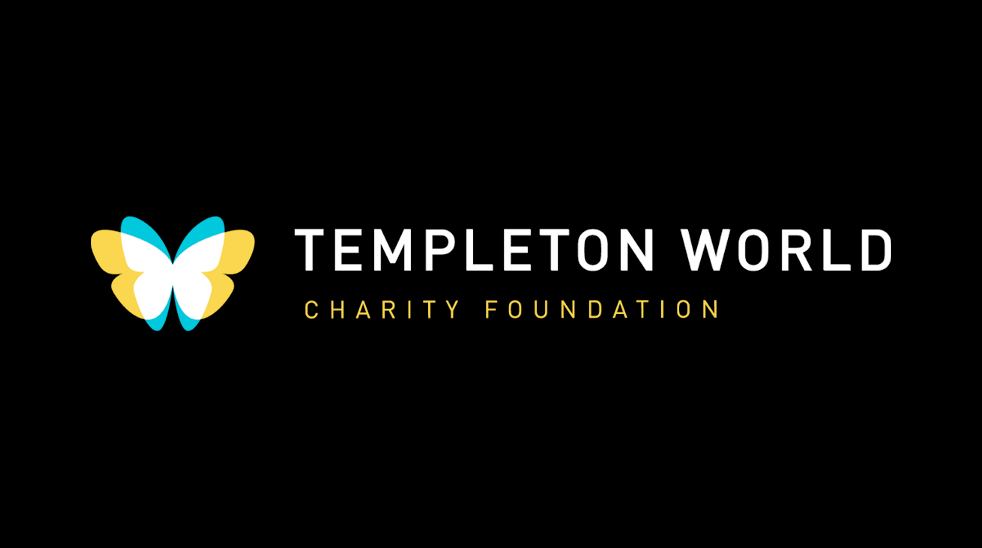
From a Small Town to Wall Street
As both a groundbreaking philanthropist and legendary investor, Sir John Marks Templeton spent a lifetime dedicated to open-mindedness. Born on November 29, 1912, in Winchester, Tennessee, he graduated near the top of his class from Yale University (1934) and won a Rhodes Scholarship to Balliol College, Oxford, where he earned a law degree (1936). Templeton embarked on his Wall Street career in 1938, when he began conceiving and launching some of the world’s most successful international investment funds. In 1954, he established the Templeton Growth Fund, which pioneered the use of globally diversified mutual funds. Money magazine would hail him as “arguably the greatest global stock picker of the century.”
A Pioneering Philanthropic Vision
Just as remarkable as Templeton’s financial career was his dedication to progress and philanthropy. Known as a contrarian investor, he was also a fierce optimist and relentless questioner in his personal life. Templeton thus promoted the discovery of “new spiritual information”: progress in understanding the deepest realities of human nature and the physical world, subjects that he believed should be investigated with the tools of modern science.
Convinced that our knowledge of the universe was still very limited, he sought to encourage open-mindedness about the character of ultimate reality and the divine. To this end, in 1972, he established the Templeton Prize, the world’s largest annual award given to an individual, to honor a living innovator of life’s spiritual dimension. He also founded three charitable entities (the Templeton World Charity Foundation, the John Templeton Foundation, and the Templeton Religion Trust) to carry out his philanthropic mission.
A “Humble Approach”: Exploring the Big Questions
Templeton was a lifelong member of the Presbyterian Church, serving as an elder of his denomination and as a trustee of Princeton Theological Seminary. His own views, however, did not conform to orthodoxy, and he espoused a “humble approach” to theology.
Eager to learn from both science and the world’s faith traditions, he believed that “scientific revelations may be a gold mine for revitalizing religion in the 21st century.” He expected his foundations to stand apart from consideration of dogma or personal religious belief and to seek out grantees who are “innovative, creative, enthusiastic, and open to competition and new ideas” in their approach to the Big Questions.
Sir John’s Lasting Legacy
In the late 1960s, Templeton moved to Nassau, the Bahamas, where he became a naturalized British citizen. In 1987, Queen Elizabeth II named him a Knight Bachelor for his many philanthropic accomplishments. Throughout his long life, he wrote or edited more than a dozen books.
When Sir John passed away in 2008 at age 95, he was honored around the world with tributes that extolled his vision and the extraordinary breadth of his career. Today, his charitable contributions continue to engender dialogue between science and spirituality.

